Squib Loads: What Are They and Can They Be Prevented?
A squib load is one of the most dangerous firearm malfunctions, especially in defensive or range scenarios. Also known as a squib round, this malfunction happens when a bullet becomes stuck in the barrel due to an insufficient or absent powder charge. This squib load malfunction may be rare, but it can severely damage your firearm and cause serious injury if not recognized quickly.
What is another term for squib load? Shooters often call it a “pop and no kick,” describing the soft sound and lack of recoil when the firearm misfires.
In this guide, we’ll explain squib loads, their causes, how to identify the signs, and most importantly, how to prevent them and stay safe while shooting.
What Is a Squib Load?
A squib load occurs when a cartridge is fired with little or no powder(relying only on propulsion from the primer), causing the bullet to become lodged in the barrel. This failure prevents the bullet from leaving the barrel at normal speed, or at all.
Unlike a stovepipe malfunction or double feed malfunction, which involve ejection or feeding issues, a squib round is subtler and more dangerous.
The standard squib load definition is a malfunction in ammunition where the bore becomes obstructed by a stuck bullet. If the shooter fires another round without noticing, the pressure can cause the barrel to rupture or the firearm to fail catastrophically (sometimes referred to as a Kaboom).
It’s important to distinguish a squib from other common stoppages like a stovepipe malfunction or a double feed malfunction, both of which involve ejection or feed failures, not blocked barrels.
What Causes a Squib Load?
Understanding what causes a squib is key to preventing these malfunctions. The most common causes of squib loads include:
-
Lack of powder charge: The round is loaded with little or no powder.
-
Faulty primers: A weak primer ignites but doesn’t provide enough force to ignite the powder charge.
-
Improper handloads or reloads: Mistakes in reloading, such as missing powder charges, are a leading cause of squib fires.
-
Contaminated powder or components: Exposure to moisture, oil, or age degradation can weaken the powder or primer’s effectiveness.
While reputable commercial ammo producers stick to tight quality controls, squibs can still happen on rare occasions even with factory loads. The risk goes up for shooters who reload their own ammo without careful inspection. It’s also higher if you buy so-called “factory” reloads from an inexperienced or unscrupulous manufacturer. If the deal’s too good, the ammo’s probably no good.
Knowing what causes squib loads helps you stay alert and avoid preventable errors at the range.
Are Squib Malfunctions Dangerous?
Yes, a squib load is dangerous and can lead to catastrophic failures if not caught in time. Firing another round into a blocked barrel can create extreme pressure, resulting in a ruptured barrel, broken firearm components, or serious injury.
Squib load injuries range from hand and facial cuts to broken bones and damaged eyes, depending on the firearm and the severity of the failure.
Squibs are especially risky because they often happen quietly, with no loud report or cycling failure, making them easy to miss.
That’s why wearing proper body protection is always smart, whether you’re on the range or in a training class. Squib loads are just one of two good reasons you should never skip eye protection when shooting, the other being ricochets and fragments.
Read more: Where and How to Wear Body Armor
How Do You Know When You’re Dealing with a Squib Round?
Spotting a squib in real time can be tricky, but it's crucial for your safety. If you’re asking, what is a squib load in a gun, it’s when the bullet doesn’t exit the barrel. Look for these signs of squib loads:
-
Odd sound: You might hear a “pop” or weak discharge instead of the expected bang.
-
No recoil: The lack of powder means there’s little to no kickback.
-
Failure to cycle: The slide doesn’t move or eject the casing as usual.
-
Smoke or smell: You may notice unusual smoke or a burning odor.
-
Bullet not visible: In some cases, the bullet may be visibly stuck near the muzzle (though often it’s deep inside the barrel).
If you experience any of these signs, stop shooting immediately. Clear the firearm and check the barrel before proceeding.
What Should You Do if You Have a Squib Load?
Knowing what to do with a squib load can prevent injury and protect your firearm. If you suspect a squib fire, follow these steps:
-
Stop shooting immediately, this is not a malfunction you can “tap-rack” away.
-
Unload the firearm carefully. Remove the magazine and check the chamber.
-
Visually and physically inspect the barrel for obstructions. Use a dowel rod and bore light if available.
-
Do not fire again until the barrel is confirmed clear.
-
Consult a gunsmith if needed. If you cannot remove the obstruction or suspect any damage, have your firearm professionally inspected.
The most important thing during a squib load incident is to pause. Patience and attention to detail can prevent serious accidents.
Can Squibs Be Prevented?
Fortunately, yes. While you may not be able to eliminate all risk, there are reliable ways to prevent squib loads:
-
Use high-quality ammunition from reputable manufacturers.
-
Avoid old or improperly stored ammo. Moisture and temperature extremes can degrade powder and primers.
-
Inspect each round visually before loading to spot defects.
-
Store your ammunition properly. Cool, dry environments are best.
-
Reload carefully: If you reload your ammunition, double-check powder charges and maintain a strict inspection process.
Routine inspection, good ammo handling habits, and situational awareness are key to reducing the chances of a squib. Prevention is always safer than reacting under pressure.
Putting It All Together
A squib load might sound harmless, but it can ruin your firearm and injure you in seconds if left unchecked. Whether you're new to shooting or a seasoned range-goer, knowing how squib rounds happen, spotting the signs, and acting quickly is essential for safe shooting. Learn to recognize the warning signs, take immediate action, and invest in reliable ammunition and gear.
Protect yourself with knowledge and gear that keeps you one step ahead. Explore Premier Body Armor’s collection of ballistic protection and tactical gear to help you stay safe and shoot smarter.

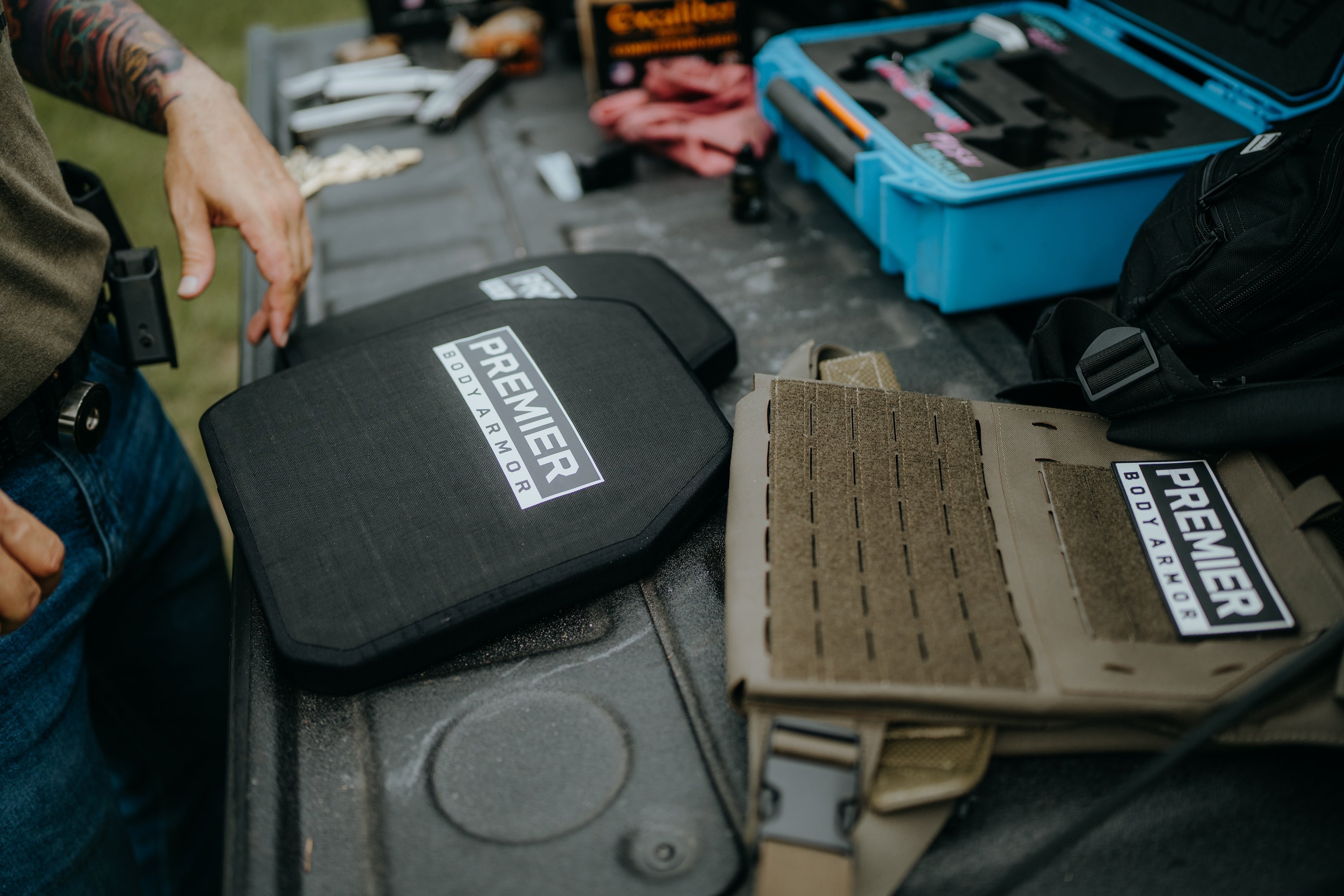
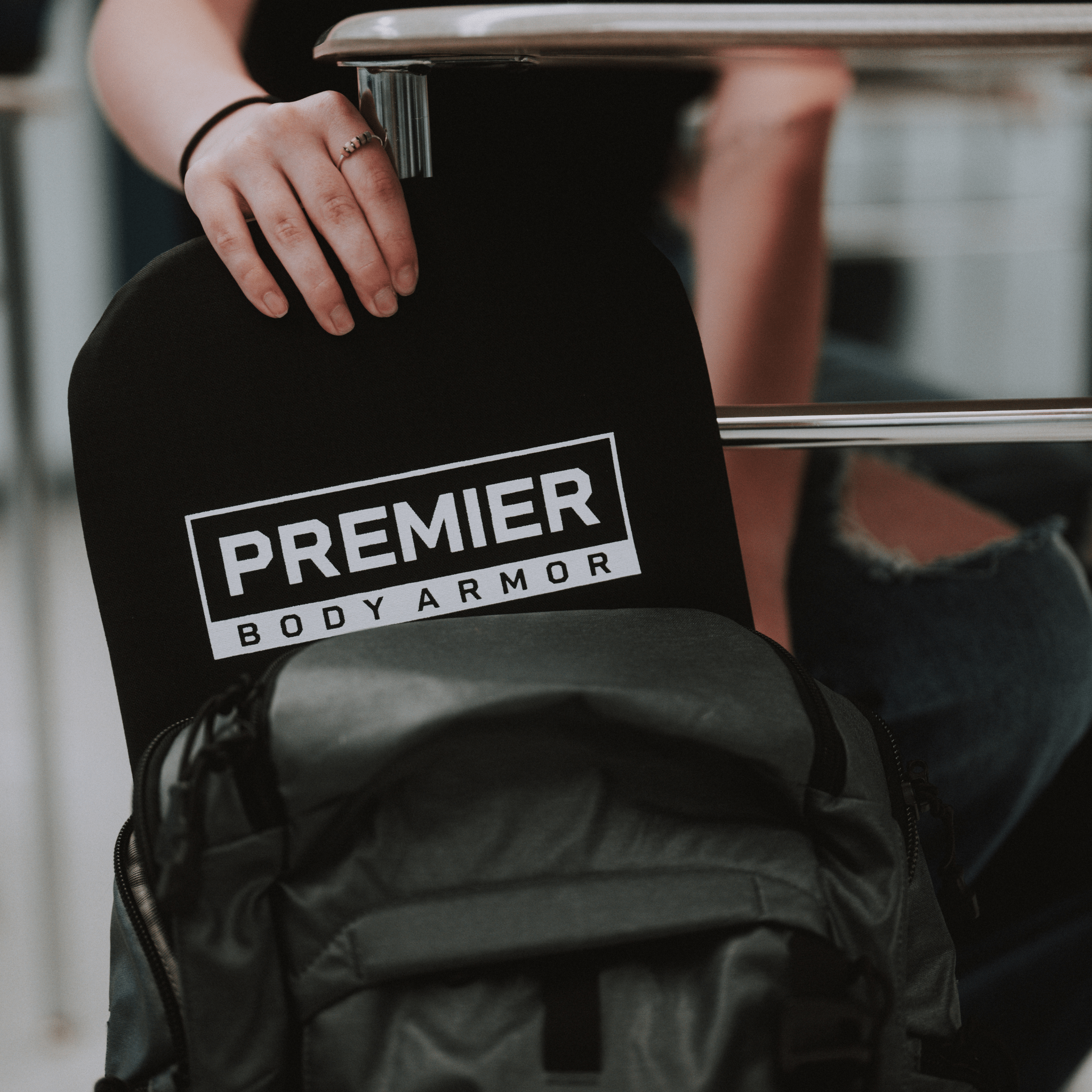
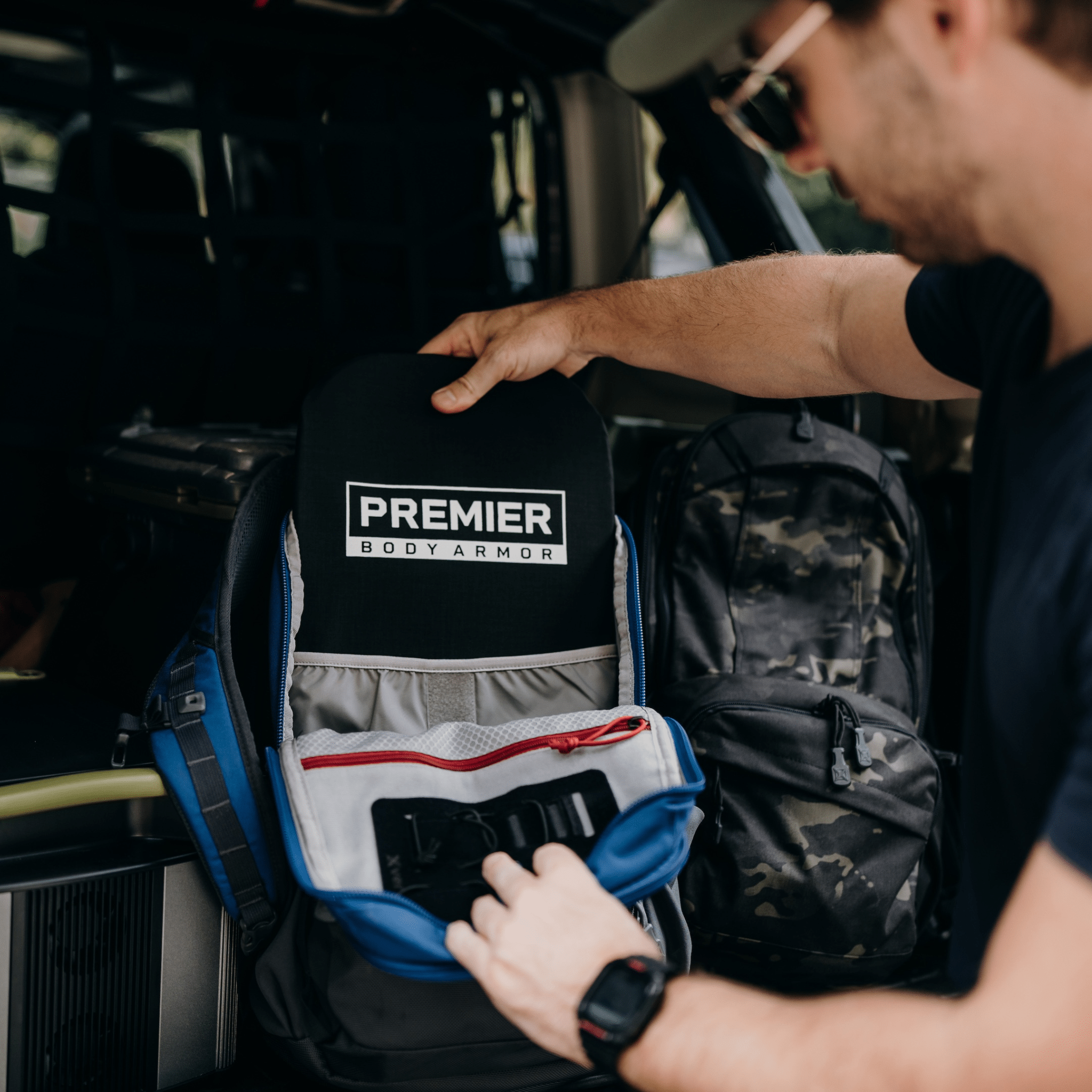
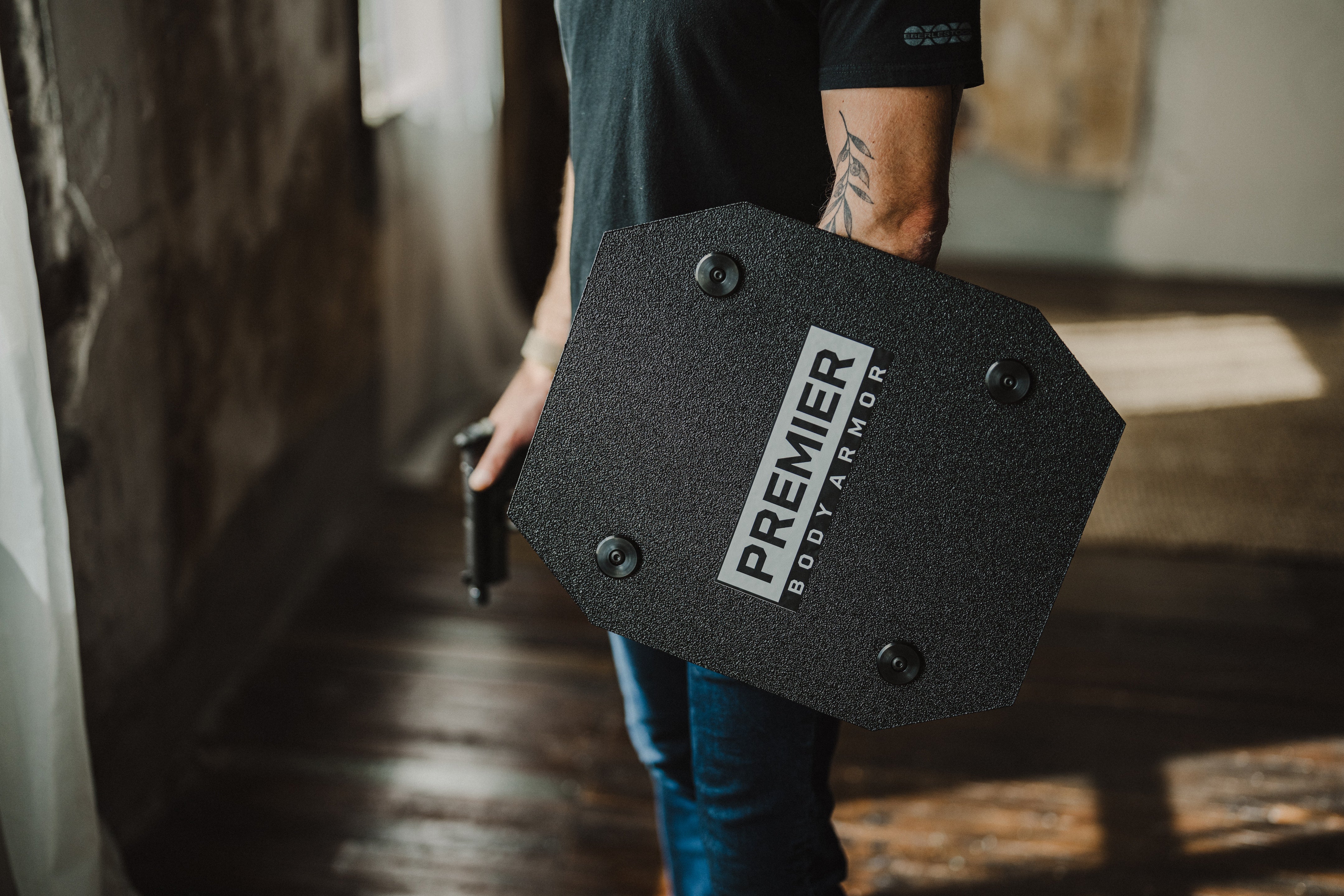




Leave a comment